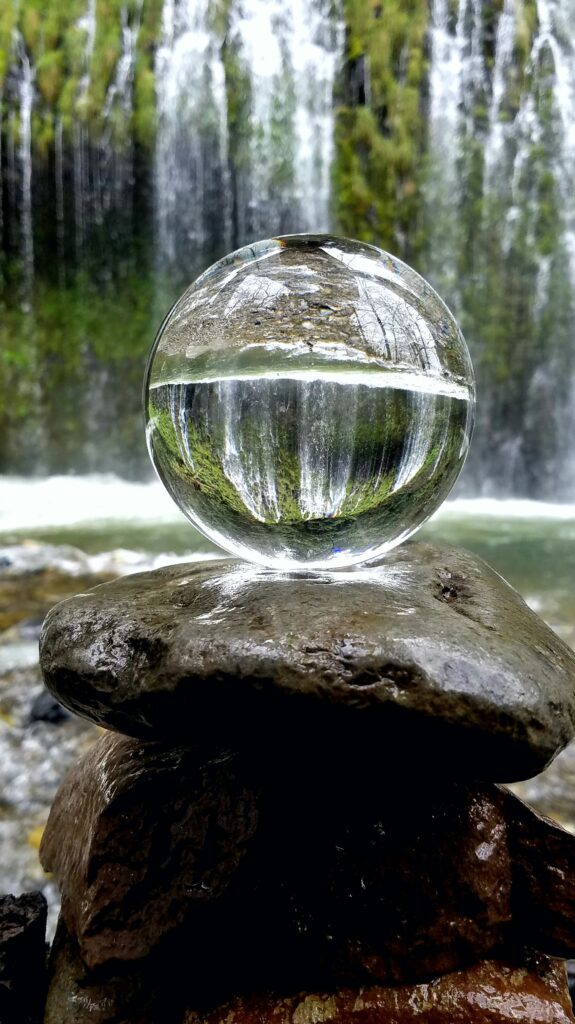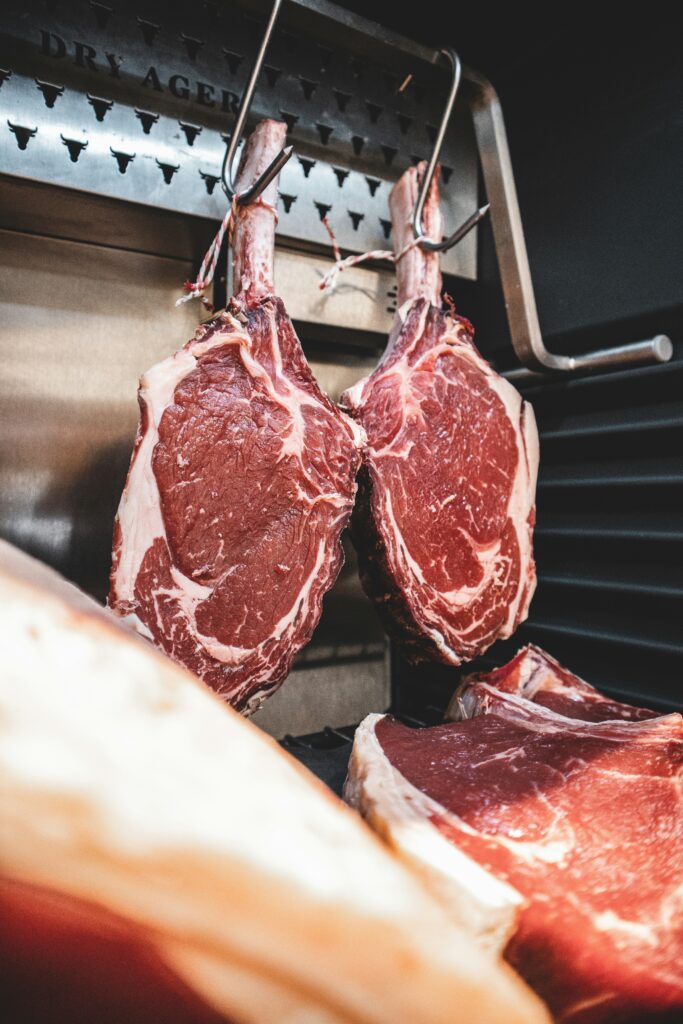
Photo by Elijah Hiett on Unsplash
Water is one of the most precious resources on Earth, yet much of it is wasted in ways we rarely notice — especially through the food we eat. Choosing eating plant-based meals isn’t just a healthy choice for your body; it’s one of the smartest ways to save water and protect the environment. For example, producing just 1 kilogram of beef can use up to 15,000 liters of water, while most plant-based foods require far less. In this post, we’ll explore how eating plant-based can make a huge difference in conserving our planet’s water supply.
1. The Hidden Water Cost of Meat
When it comes to conserving water, eating plant-based can make a huge difference. Producing animal-based foods consumes far more water than growing plants. For instance:

Photo by Kyle Mackie on Unsplash
- 1 kg of beef requires about 15,000 liters of water
- 1 kg of pork uses roughly 6,000 liters
- 1 kg of chicken consumes around 4,000 liters
Much of this water is used for feeding livestock, drinking water, and meat processing. By eating plant-based meals instead of meat, you can drastically reduce your water footprint and contribute to a more sustainable planet.
2. Plants Are Water-Efficient
One of the biggest benefits of eating plant-based is that most plant foods require far less water than meat. For example:
- 1 kg of rice: ~2,500 liters
- 1 kg of wheat: ~1,500 liters
- 1 kg of potatoes: ~250 liters
By eating plant-based meals regularly, you can save thousands of liters of water every year. Even small changes, like replacing one meat-based meal with beans, lentils, or vegetables, can have a big positive impact on the planet’s water resources.
3. Why a Plant-Based Diet Matters
Choosing eating plant-based foods isn’t just good for your health — it also makes a huge difference for the environment. Here’s why:
- Reduces water scarcity: Less water is needed for growing plants than for raising livestock, leaving more for humans, ecosystems, and agriculture.
- Protects rivers and lakes: Animal farming is a major source of water pollution through runoff, while plant-based farming generally has a smaller impact.
- Supports sustainability: By eating plant-based, we use water more efficiently and can feed more people with fewer resources.
Even small steps, like replacing meat-based meals with plant-based options, contribute to a smarter, water-conscious lifestyle.
4. Simple Ways to Save Water Through Your Diet
Adopting eating plant-based habits doesn’t have to be difficult. Even small changes can make a big difference for the planet’s water supply:
- Try “Meatless Mondays”: Replace one meat-based meal per week with beans, lentils, grains, or vegetables.
- Eat seasonal fruits and vegetables: They usually require less irrigation and support sustainable farming.
- Choose plant-based protein: Tofu, legumes, nuts, and seeds are water-smart alternatives to meat.
- Minimize processed foods: Many packaged and processed foods have hidden water costs due to production and packaging.
By consistently eating plant-based, you not only reduce your water footprint but also help promote a healthier and more sustainable lifestyle.
Conclusion
Every meal you choose has an impact — on your health, and on the planet. By eating plant-based, you’re not only nourishing your body but also actively conserving water and protecting the environment. Even small changes, like swapping a few meat-based meals for plant-based options each week, can save thousands of liters of water annually.
Choosing eating plant-based isn’t just a diet — it’s a smart, sustainable lifestyle choice that benefits both you and the planet. 💧🌱
FAQs
Q1: Does eating plant-based really save water?
Yes! Eating plant-based foods uses far less water than meat, and even small changes in your diet can save thousands of liters of water each year.
Q2: Which plant-based foods save the most water?
Legumes, grains, potatoes, and vegetables are extremely water-efficient. Choosing these foods while eating plant-based helps conserve water and support sustainability.

